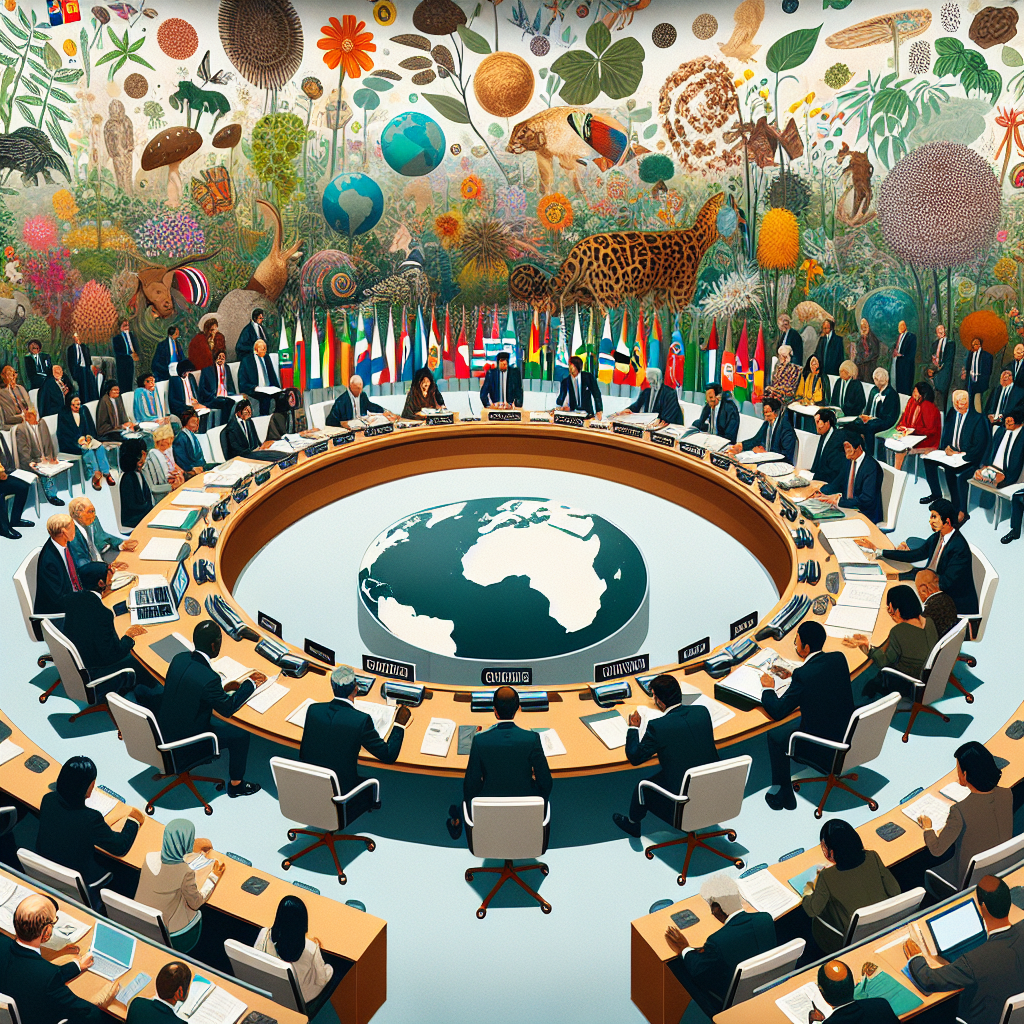Biodiversity Decline: Human Impact and Cultural Loss
Global biodiversity is plummeting due to human activities such as overhunting, habitat destruction, and climate change. This loss impacts human food sources, health, and cultural experiences. Essential ecosystem services like pollination and water regulation are also at risk, with consequences for global agriculture and psychological well-being.

Global biodiversity is rapidly declining due to overhunting, ecosystem destruction, and climate change fueled by human emissions. The World Wildlife Fund's report highlights the vital links between biodiversity and human well-being, from sustaining food sources to maintaining cultural and ecological balance.
Biodiversity plays a crucial role in cultural practices such as hunting and fishing, which remain vital for food security and employment in various regions. However, declining wildlife populations threaten these traditional sources, impacting economies and food availability around the world.
Biodiversity ensures the health of ecosystems and provides essential services such as pollination, water regulation, and soil protection. Its decline is associated with risks like increased disease transmission and loss of cultural connections, as human interactions with wildlife become increasingly rare.
(With inputs from agencies.)










